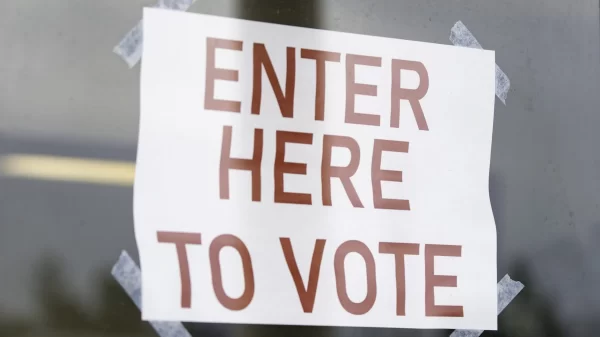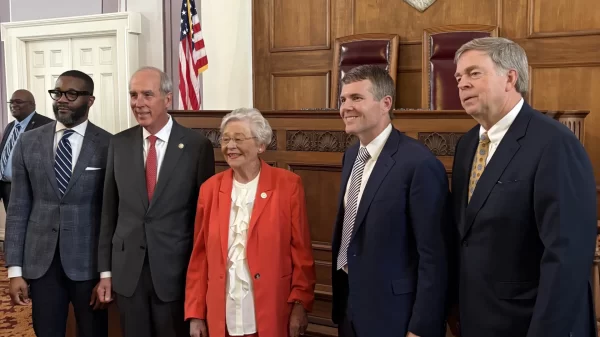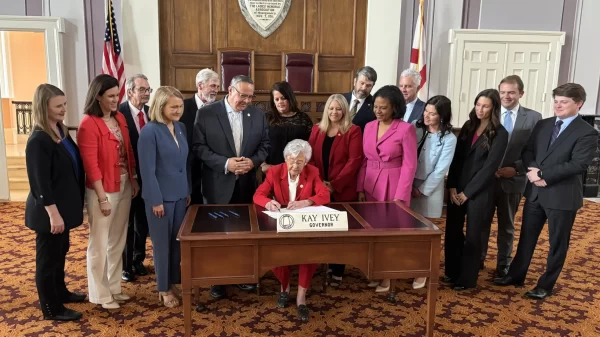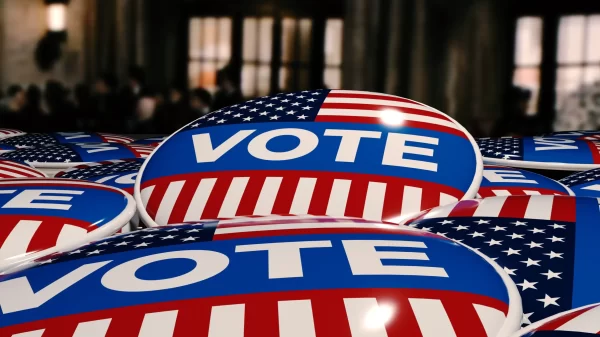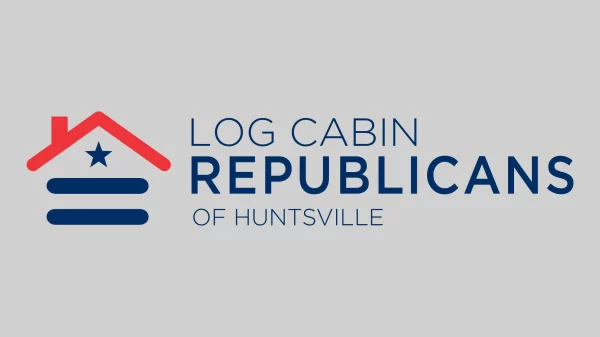Both sides made their cases Wednesday in the first hearing in a federal lawsuit alleging vague and discriminatory policies at the Prattville library.
The 30-minute hearing did not delve into the merits of the suit, but set potential timelines for when to expect further action.
Both sides agreed that out of four motions currently filed, it would make sense for Judge Myron Thompson to rule on the plaintiffs’ motion for leave to supplement their original complaint. The motion is based on the new policy passed by the library board after the lawsuit had already been filed.
Bryan Taylor, counsel for the Prattville library board, argued the position that the case is moot due to the new policies and that the plaintiffs lack standing because they haven’t demonstrated imminent injury.
Most of the conversation remained procedural. Taylor asked that Thompson deny the motion for leave to supplement, and then consider the board’s other motion to dismiss the lawsuit entirely on standing.
Thompson asked Taylor whether it wouldn’t make sense to consider the board’s motion on jurisdiction together with the plaintiff’s motion for a preliminary injunction, which would give two standards to appeal on.
“We’d like to make this case go away on the jurisdictional and standing issue,” Taylor said. “It’s not important to my client to rule on the Constitutional issue.”
“I appreciate your client’s desire to stave off a preliminary injunction,” said Jessica Morton, counsel for the plaintiffs. “But my clients are alleging suffering injury each day that this policy is in place. These are precisely what preliminary injunctions are designed to prevent.”
Thompson gave no expectation for when he would rule on the motions, but if he grants plaintiffs’ leave to supplement, it would likely start the suit on a path toward a hearing on the preliminary injunction within two months.
Morton asked that if the leave is granted, that plaintiffs be given three weeks to file a briefing, defense given three weeks to file a response, and one week for the plaintiffs to file an additional response.
Taylor asked for four weeks for the defense. In that case, the scheduling order would be set at about eight weeks.
A hearing on the preliminary injunction request would shine light on whether the plaintiffs are likely to succeed on the merits of their claims: that they are injured by vague, overbroad and discriminatory policies that prevent them from checking out books the library has removed from the catalog. A granted injunction would prevent the library from continuing to abide by its policies until the trial determines the final outcome.
The plaintiffs have requested that, in the case of a preliminary injunction, the library policies revert to longstanding policy before the newly comprised board adopted new policy on Feb. 8, 2024.




